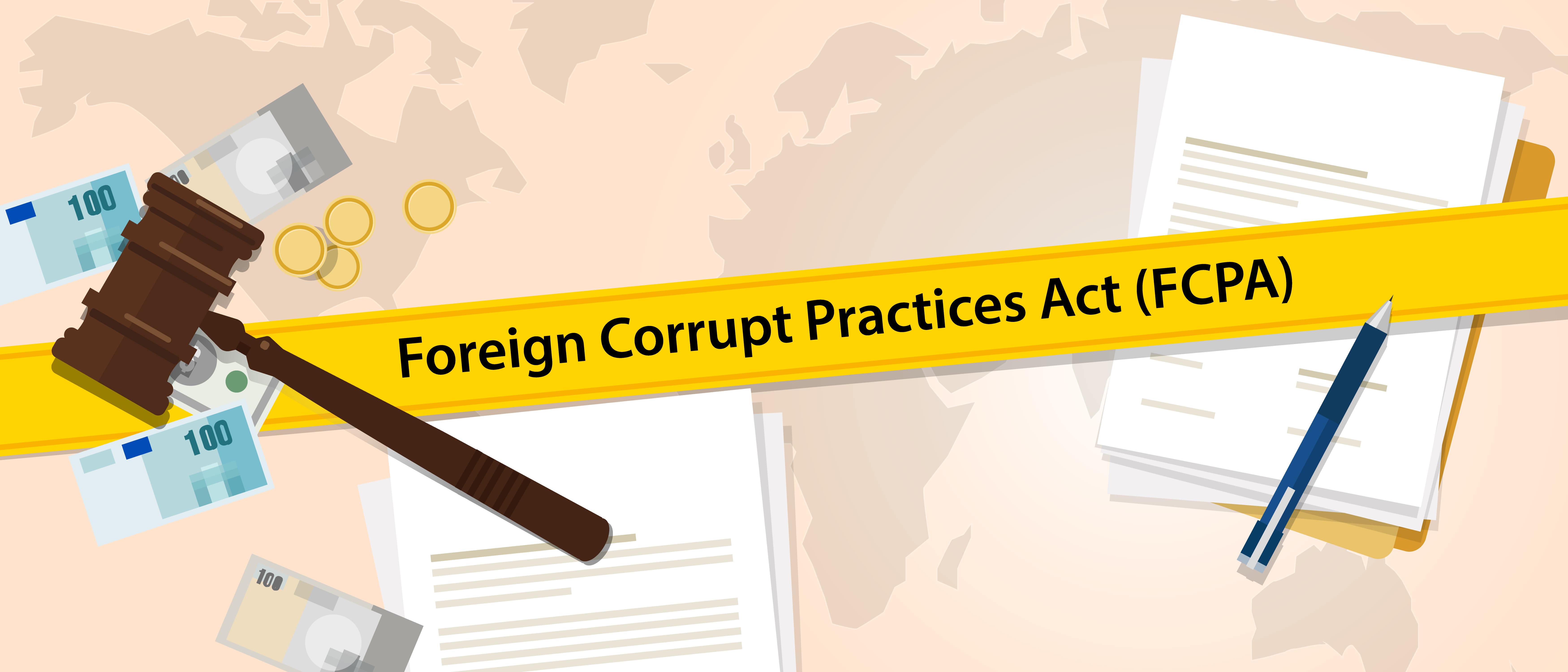Political Ties
This article will dig deep into the issue of whether President Trump’s lawyer, Michael Cohen, should be concerned about potential FCPA violations on the heels of revelations about payments received from multi-national corporations. It’s a complicated issue since the FCPA is very specific about limiting American influence on foreign nationals, but is much less so when defining how Americans should act in the face of foreign financial influence.
Regardless of what you think of President Trump, Michael Cohen or their legal troubles, what will ultimately matter in the immediate aftermath of the Mueller investigation is whether crimes were committed. Richard Nixon did conspire with the Watergate burglars; Bill Clinton did perjure himself and obstruct justice in the Paula Jones case. Impeachments aren’t fickle.
In recent weeks, it has come to light that one of the crimes Michael Cohen could have committed is a violation of the FCPA.
So what is the FCPA?
The FCPA, or the Foreign Corrupt Practices Act of 1977, was enacted in a time when bribing of foreign officials by American companies was rampant. The enforcement made it illegal for companies to influence foreign officials with personal payments.
The US Securities and Exchange Commission (SEC) investigation in the mid 1970s revealed a full 400 companies admitted to the practice.
The situation came to a public head during the so-called “Banagate” scandal of 1974-1975, in which Chiquita Brands bribed the President of Honduras to lower taxes. This made the Chiquita’s bananas cheaper to export from Honduras, thereby destroying the competing local UPEB cartel. After the $2.5 million in bribes was discovered the president of United Brands (which owned Chiquita) jumped to his death, the government of Honduras was overthrown, the cartel lost its livelihood, and of course the people of Honduras dealt with terrible turmoil foisted on them by forces outside their control.
In 2012, Donald Trump called the FCPA a “horrible law” that handcuffed American business abroad.
The challenges in remaining compliant against FCPA violations today
FCPA compliance remains big, serious business; just ask Siemens. Violations don’t solely yield massive fines, they could also mean criminal indictments against those named. Accordingly, companies are quite vigilant about monitoring potential risks and risk-takers. New laws and technology are constantly introduced, and compliance professionals are perennially tasked with staying up to speed.
The challenge of course is that there is no single database of people who might bribe foreign officials. Different companies and governments compile disparate databases of what are called Politically Exposed Persons (PEPs), often keeping internally compliance officers on their heels one step behind.
How can technology help?
There is exciting innovation in the FCPA compliance space, thanks in part to artificial intelligence. In practical terms, AI can read dozens or even hundreds of PEP lists from across the world at the same time, in seconds –– to ensure compliance.
For example, the second Michael Cohen’s name or law firm was submitted internally within AT&T via an invoice or an expense report, AI would have flagged the meeting with a PEP as a potential FCPA violation, thereby potentially nipping the problem in the bud.
How does this all come back to Michael Cohen?
The short is answer is: it’s complicated. Quartz recently laid out how firms like AT&T and Novartis who paid for Michael Cohen’s post-Trump-election services would be in big FCPA trouble had Cohen been based in a foreign country.
In this situation it appeared the inverse took place, thereby muddying the FCPA waters. Companies like Novartis, with headquarters in Switzerland, and the Korea Aerospace Industries clearly paid for American influence inside of America.
Switzerland and South Korea have both been lauded internationally for their domestic crackdowns on bribery vis-a-vis foreign officials. In other words, those two countries have their own variations of the FCPA laws that their executives must deal with at home.
There is also of course a difference between influence-peddling and bribery. Robert Mueller’s team is no doubt investigating whether Michael Cohen shared the money from these companies with anyone in the government, or with Trump himself. But in the absence of such evidence these payments — though unseemly in the broader context — differ little in the eyes of FCPA law from the thousands of political fundraisers dotting the map of every year (though Cohen has failed to register as a lobbyist).
In the final analysis, it appears the headline from any Cohen or Trump fallout will not include FCPA violations. That’s because the laws are very strict for American companies attempting to bribe foreign officials, but are much more lax when it comes to outside companies trying influence the US government.
Even if American investigators wanted to prosecute Cohen on FCPA charges there is still a dearth of public evidence that he was selling “official acts” by the Trump Administration for cash.
This does not mean Mr. Cohen is out of the woods, however, as Robert Mueller’s team (perhaps convinced there was no FCPA misconduct worth prosecuting) instead referred his case to the US attorney for the Southern District of New York for alleged wire and bank charges.
The same goes for the FCPA and President Trump, especially since it has already been reported that Mueller’s team has disclosed it doesn’t have the power to indict a sitting president. So instead of an FCPA violation or an equally-serious indictment, the totality of the evidence will be released to the public and to Congress, which will be left to sort out the President’s fate.



 Josh Anish is the Senior Director of Marketing at
Josh Anish is the Senior Director of Marketing at 






